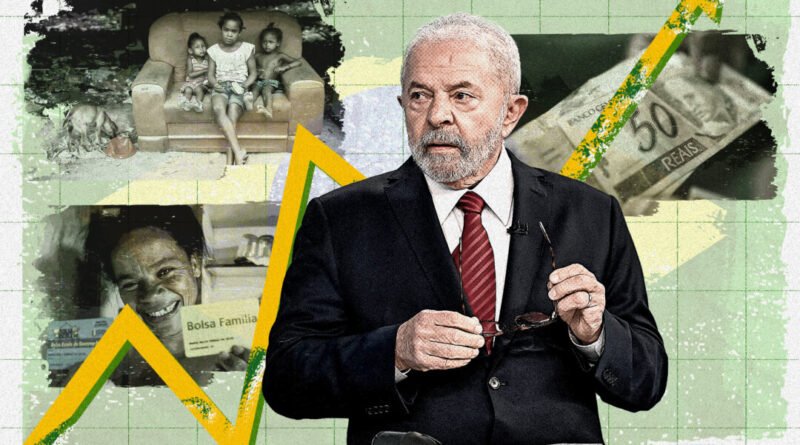Brazil Anticipates Significant Tax Reforms Expected to Impact Consumers Facing Financial Hardships
Complaints about Brazil’s confusing tax system have spanned decades and multiple administrations.
The United States doesn’t have a VAT, but states have a sales and use tax that varies between 0 and 9.5 percent.
The move has drawn mixed reactions from Brazilians, including criticism that a high VAT will deal a harsh blow to the country’s low-income earners. Standard VAT rates of around 20 percent aren’t uncommon in European countries, but those nations don’t have the same level of poverty as Brazil.
“It’s clear that Brazil missed a great opportunity to reduce its percentage of tax collection on productive activity, which [will] cause several negative economic consequences,” Paulo Ricardo Alecrim told The Epoch Times.
Mr. Alecrim, a Brazilian tax attorney and a partner at Alecrim & Costa Advogados, says some of the adverse effects of the current reform include increased consumer prices, a chilling effect on consumption, loss of international competitiveness, and a disproportionate impact on the economically vulnerable.
Impact on Poverty
Mr. Alecrim is far from alone in his concerns over the VAT’s effects on those who are struggling financially. Leading World Bank economist for Brazil Shireen Mahdi also highlighted this point.
She observed that while the VAT has the potential to change the Brazilian tax system for the better, the outcome may diminish families’ purchasing power.
Further, she asserts reducing the standard VAT rate in education and health care could mean no reduction in indirect taxes at the individual level. Both of these sectors comprise a sizable portion of consumption for low-income families.

A supporter of Brazilian presidential candidate Luiz Inacio Lula da Silva hangs a flag with a photo of the candidate on her street stall during the presidential run-off election, in Rio de Janeiro, Brazil, on Oct. 30, 2022. Since President Lula took office, his administration has been struggled to address inflation and high unemployment. (Mauro Pimentel/AFP via Getty Images)

Between 2007 and 2023, Brazil’s Food and Beverage Price Index increased 216 percent, according to the Instituto Fome Zero. This far surpass…



